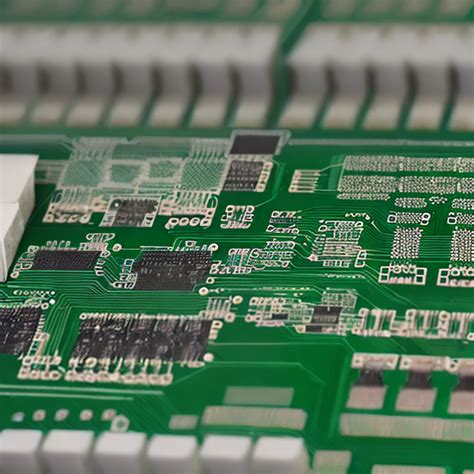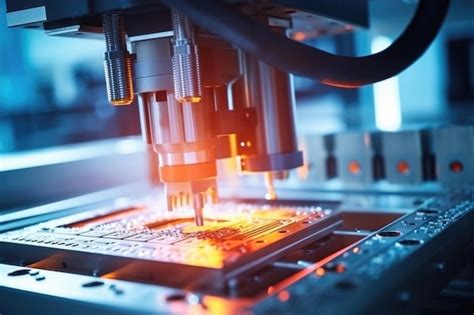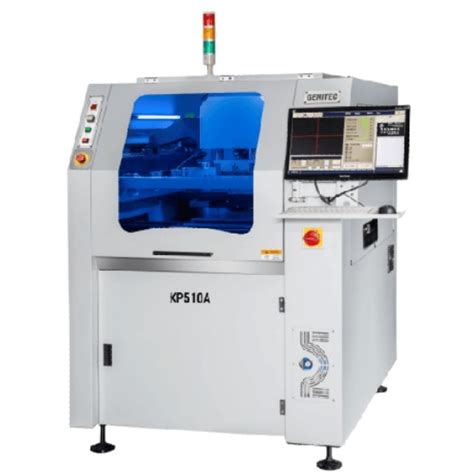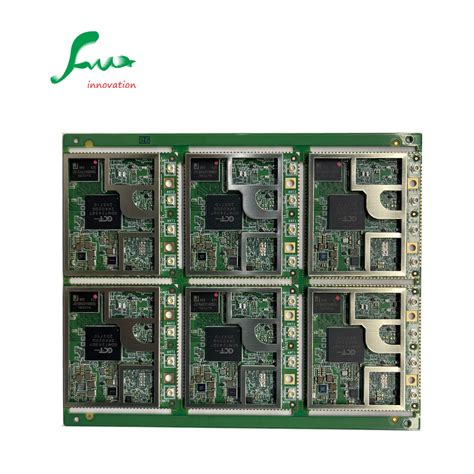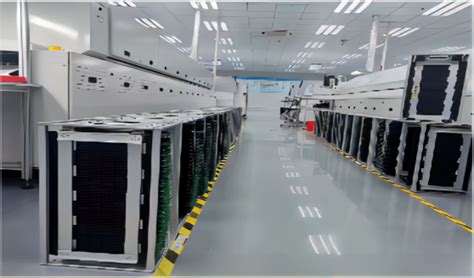Finding the Best PCB Assembly House for Your Manufacturing Success
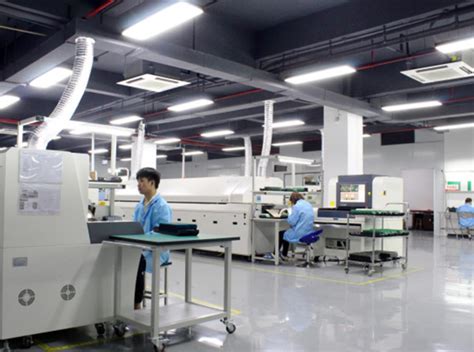
Key Takeaways
Choosing the right PCB assembly house is crucial for the success of any manufacturing operation. First, it’s important to understand the role of pcb assembly houses; they not only facilitate the production of printed circuit boards but also ensure that the final products meet stringent quality standards. When evaluating potential partners, consider key factors such as their experience, technological capabilities, and the range of services offered. Look for a partner who offers PCBA capabilities tailored to your specific needs, including prototyping, volume production, and testing services.
An effective partnership is built on clear communication and mutual understanding of goals. Therefore, evaluating potential PCB assembly partners involves assessing not only their technical skills but also their reliability and customer service reputation. "Choose a partner who prioritizes your needs and can scale as your business grows," is a tip worth considering when making your selection.
Lastly, recognize that cost considerations should not overshadow quality assurance practices. A house that implements rigorous quality checks will ultimately save time and resources in the long run. By taking these factors into account, you can find an ideal PCB assembly partner that contributes to your manufacturing success while ensuring high-quality outputs. Remember, a successful partnership thrives on collaboration and shared objectives in this competitive landscape.

Understanding the Role of PCB Assembly Houses in Manufacturing
In the realm of manufacturing, PCB assembly houses play a pivotal role in bringing electronic products to life. These entities specialize in the assembly of printed circuit boards (PCBs), which serve as the backbone for nearly all electronic devices. By collaborating with an experienced pcb assembly partner, manufacturers can leverage their technical expertise and state-of-the-art equipment, ensuring that each PCBA meets the necessary standards for performance and reliability.
The services provided by these assembly houses encompass a range of processes, from component sourcing to testing and final packaging. Understanding the specific capabilities of a potential pcb assembly house can greatly impact the overall quality and efficiency of production. For manufacturers navigating diverse industry demands, aligning with a versatile partner can lead to significant competitive advantages.
Below is a table that outlines key responsibilities typically handled by pcb assembly houses:
| Service Offered | Description |
|---|---|
| Component Sourcing | Obtaining quality components to minimize delays. |
| PCB Fabrication | Manufacturing PCBs according to specifications. |
| Assembly | Soldering components onto PCBs using various techniques. |
| Testing | Performing electrical tests to ensure functionality. |
| Packaging | Preparing final products for shipping and delivery. |
By recognizing these essential roles, manufacturers can make informed decisions when selecting a pcb assembly partner, ultimately setting the stage for successful product launches and ongoing operational efficiency in their manufacturing processes.
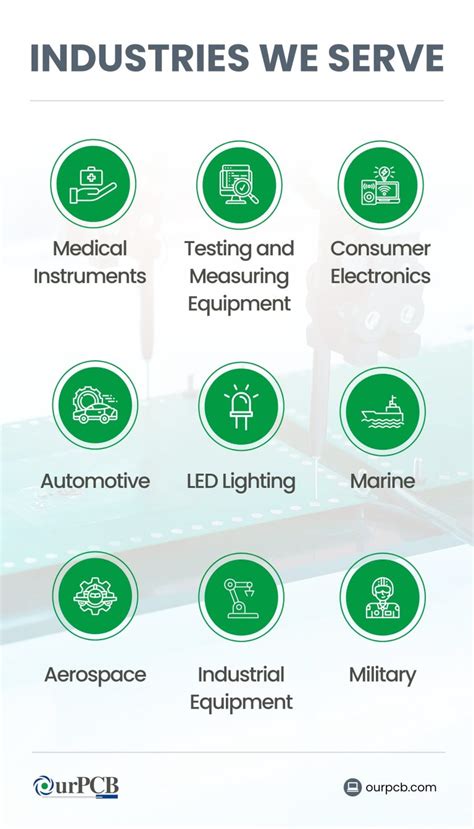
Key Factors to Consider When Selecting a PCB Assembly Partner
When embarking on the journey to select a PCB assembly partner for your business, several crucial factors must be taken into account to ensure a successful collaboration. Firstly, consider the experience and expertise that the potential partner brings to the table. A company with a robust background in PCBA not only offers technical proficiency but also insights into best practices tailored to your specific needs. Additionally, assess their capabilities in handling various types of printed circuit boards, including complex multi-layer boards and specialized components. This expertise can significantly enhance the efficiency of your manufacturing process.
It’s also essential to evaluate their commitment to quality assurance. A reputable PCB assembly house will implement rigorous testing procedures and quality control measures to ensure that all products meet industry standards. Inquire about their certifications and adherence to quality management systems such as ISO 9001, as these indicators reflect their dedication to quality.
Furthermore, consider the scalability of their services. As your production volume increases or fluctuates, your chosen partner should be capable of meeting those demands seamlessly. This flexibility is vital for maintaining a steady supply chain without compromising on lead times or quality.
Finally, don’t overlook the importance of effective communication. A partner who values transparency and collaboration will facilitate smoother project management and quick resolutions to any issues that may arise during production. By prioritizing these key factors in your selection process, you will enhance the likelihood of forging a successful long-term partnership with an ideal PCB assembly house that aligns with your manufacturing goals.
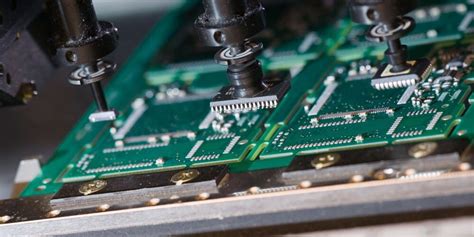
Services Offered by PCB Assembly Houses: What You Need to Know
When it comes to pcb assembly, it is crucial to understand the various services offered by PCB assembly houses. These services can significantly impact the efficiency and quality of your manufacturing process. Most pcb assembly partners provide a range of capabilities, including prototype assembly, volume production, and testing services. Prototyping is essential for assessing design before mass production, allowing for adjustments that can save time and resources. Volume production is where scalability becomes important; having a partner that can handle large quantities without compromising on quality is vital.
Additionally, many pcba providers offer value-added services such as component sourcing and logistics support. This full-spectrum approach not only helps streamline the manufacturing process but also reduces lead times and potential disruptions in the supply chain. It’s also essential to consider their testing services—having thorough testing procedures in place ensures that the final products meet required specifications and minimizes the risk of product failures in the field.
Moreover, some pcb assembly houses may offer customized solutions tailored to specific industry needs, which can further enhance your competitive edge. Understanding these various services and how they align with your project’s requirements is key to selecting the right partner for successful manufacturing outcomes. Always ensure that their service offerings match your goals as you evaluate different potential partners in this competitive landscape of pcb assembly.

Evaluating Potential PCB Assembly Partners: A Comprehensive Guide
Selecting the right PCB assembly partner is a critical step for achieving manufacturing success. The evaluation process begins with understanding what each company can offer in terms of capabilities and expertise. When examining potential partners, consider their experience in specific PCBA technologies and whether they align with your project requirements. Look for an assembly house that demonstrates a robust track record in quality and reliability, as these are vital for ensuring the performance of your final product. In addition, assess their turnaround times and flexibility in production to confirm they can meet your deadlines without compromising on quality. Communication is also key; a responsive and accessible team will facilitate smoother collaboration throughout the production process. Finally, evaluate any certifications or industry standards the PCB assembly house adheres to, as this reflects their commitment to maintaining high-quality processes. By methodically assessing these factors, you can make an informed decision that will enhance your manufacturing operations through effective PCBA partnerships.
The Competitive Landscape of PCB Assembly: What Sets Partners Apart
In the intricate world of pcb assembly, various factors distinguish one assembly house from another. As the demand for high-quality Printed Circuit Board Assemblies (PCBA) grows, manufacturers must navigate a crowded marketplace filled with potential partners. One of the key elements that sets apart pcb assembly houses is their technological capability. Advanced machinery and up-to-date manufacturing processes can significantly enhance efficiency and product quality. Furthermore, the expertise and experience of a company’s workforce play a crucial role in maintaining rigorous standards throughout production. Additionally, the scope of services offered is vital; some pcba houses provide comprehensive solutions that cover everything from design support to supply chain management, while others may focus solely on assembly. This diversity allows manufacturers to select partners that align with their specific needs and goals. Finally, effective communication and transparency during the production process can forge stronger relationships between manufacturers and pcb assembly houses, fostering trust and collaboration. Ultimately, understanding what simplifies or complicates these partnerships is essential for any business looking to achieve manufacturing success in today’s competitive landscape.
Cost Considerations for Choosing the Right PCB Assembly House
When selecting a PCB assembly house, understanding the cost structure is crucial for aligning your project’s budget with your production goals. The expenses associated with PCBA can vary significantly based on several factors, including volume, complexity, and type of components used. It’s important to obtain detailed quotes from potential partners, highlighting not just the initial pcb assembly costs but also any hidden fees that may arise during the manufacturing process. Additionally, consider whether the PCB assembly house offers tiered pricing based on order quantities; often, larger orders can lead to reduced costs per unit. Beyond raw pricing, evaluate the overall value provided by each partner. This encompasses lead times, quality assurance practices, and customer support services. By factoring in these elements alongside pricing, you can make a more informed decision that not only meets your budgetary constraints but also supports your long-term manufacturing goals effectively. Ultimately, a well-rounded view of costs—including both tangible and intangible elements—will help you find an ideal partner that enhances your production capabilities while maintaining quality standards in your PCBA processes.
Quality Assurance Practices in PCB Assembly: Why They Matter
Quality assurance is a critical component in the pcb assembly process, particularly when it comes to ensuring that the final product meets rigorous performance and reliability standards. One of the primary reasons quality assurance practices are vital is that they help in identifying defects early in the pcba lifecycle, preventing costly rework or recalls down the line. Comprehensive quality management systems often include rigorous testing protocols, such as Automated Optical Inspection (AOI) and X-ray inspection, which help ensure that components are correctly placed and soldered. Furthermore, adopting industry standards such as ISO 9001 can signify a commitment to quality and customer satisfaction, providing potential partners with confidence in their choice of assembly house. In a landscape where precision and reliability are paramount, effective pcb assembly partners incorporate continuous improvement processes into their operations. This includes regular training for staff on the latest technologies and techniques, as well as solicitations for customer feedback to refine their services further. By prioritizing quality assurance practices, companies can enhance their manufacturing success and maintain a competitive edge in an ever-evolving market.
Building a Successful Partnership with Your Chosen PCB Assembly House
Establishing a successful partnership with your chosen PCB assembly house is vital for the smooth functioning of your manufacturing process. To build a strong relationship, it is essential to prioritize clear and open communication. Engage in discussions that clarify your project requirements, timelines, and expectations regarding the PCBA process. This dialogue will not only help in aligning both parties’ objectives but will also foster trust and transparency.
In addition to effective communication, consider the technical expertise of the PCB assembly house you choose. Assess their capabilities related to the specific technology and materials required for your projects. A competent PCBA partner will be aware of current industry standards and possess skills that match your product demands.
Furthermore, ensure that your partner is committed to quality assurance throughout the manufacturing cycle. Regular monitoring and audits should be part of their quality practices to mitigate risks associated with defects in production. A reliable PCB assembly house should offer robust testing procedures, guaranteeing that your products meet required specifications before delivery.
Lastly, flexibility in adapting to changes or challenges during the project lifecycle is crucial. As manufacturing can often present unforeseen circumstances, having a partner who can pivot effectively will greatly enhance the overall success of your endeavors. Building a partnership grounded in mutual respect and understanding will not only result in superior products but can also lead to innovative solutions as you navigate varying market demands together.
Conclusion
In summary, selecting the right PCB assembly house is crucial for the success of your manufacturing endeavors. A well-chosen PCBA partner can significantly impact your production efficiency and product quality. Throughout this process, it is important to carefully evaluate specific factors such as cost, quality assurance practices, and services offered. This ensures that you not only find a partner who meets your technical requirements but also aligns with your business goals. Building a successful relationship with your chosen PCB assembly house may also involve clear communication and collaboration, which can enhance performance and foster innovation. Remember, in the competitive landscape of PCB assembly, differentiating potential partners based on their strengths can be a game changer for your projects.
FAQs
What is a PCB assembly house?
A pcb assembly house is a specialized facility that provides services related to the assembly of printed circuit boards (PCBs). These houses handle various processes including component placement, soldering, and testing to ensure the finished product meets specifications.
How do I choose the right PCB assembly partner?
Choosing the right pcb assembly partner involves evaluating several key factors such as experience, quality assurance practices, and available technology. It’s important to look for a partner who understands your specific requirements and can provide the necessary support throughout the manufacturing process.
What services do PCB assembly houses typically offer?
Most PCB assembly houses offer a range of services including prototype development, volume production, surface mount technology (SMT) assembly, through-hole technology assembly, and testing. Understanding these services can help you select a partner that fits your needs.
How can I ensure quality assurance in PCB assembly?
To ensure quality assurance in pcb assembly, it’s crucial to assess the quality control processes of your potential partners. Inquire about their certifications, testing methods, and standards they adhere to (such as ISO), as these indicators will provide insight into their commitment to quality.
What are common cost considerations when selecting a PCB assembly house?
Common cost considerations include material costs, labor rates, setup fees, and shipping expenses. It’s essential to obtain detailed quotes from multiple partners and evaluate what is included in those quotes to make an informed decision that aligns with your budget.



